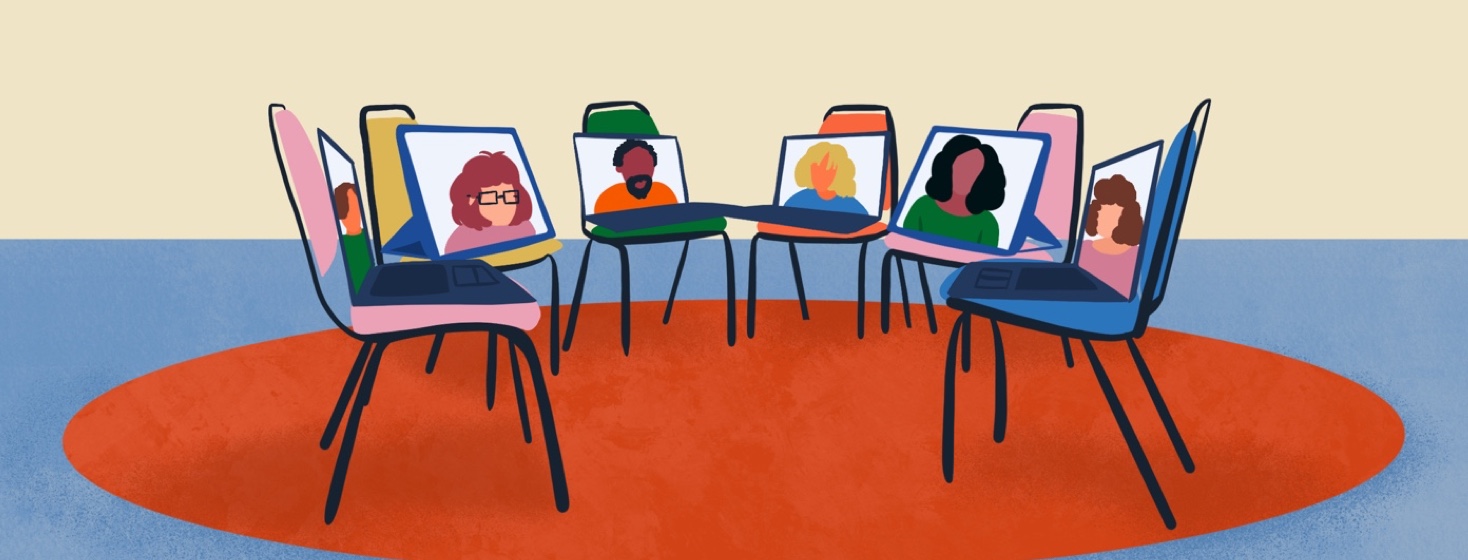My Epilepsy Support Group Experience
I have multiple illnesses and disabilities so when I enquired about a support group for epilepsy, my GP at the time told me I was "too different for one of those to work" and felt even more isolated than before I asked. I was just a teen who had left mainstream schooling at the time because of my differences, so this was a real kick in the guts.
Looking for a local support group in Australia
I later found out, after contacting my state's epilepsy organisation years later to see if there was a group for young adults, that there were no groups in the area I lived in at that time, and hadn't been for years now. Any that had once existed were dispersed whenever the person running them left town. The only support group in the state known to my local organisation was one they ran in Brisbane, Australia (Queensland's capital city) once a month for seniors.
I never felt up to running my own face-to-face support groups, especially when I had the intention of moving cities as soon as possible and didn't want to get people’s hopes up just to dash them again or to put in all the hard work of getting one off the ground only to be the very reason it crumbled after all that work.
Fast forward a few years, after volunteering with Epilepsy Queensland Inc. and becoming one of their ambassadors, I moved to Brisbane just like I wanted to. Now I ask them again what they have to offer, and they tell me their monthly coffee date has been put on hold indefinitely because of COVID-19 restrictions.
Friendships through an online epilepsy group
Somehow during COVID-19, senior monthly coffee dates turned into youth gathering weekly over Zoom as an online support group. We played games, shared talents, talked about epilepsy-related things that we felt comfortable discussing at the time, and we discussed life in general. As we all have grown to feel more comfortable with both ourselves and each other. We discuss epilepsy-related topics most of the time now when we meet for 1 hour.
I've met some unique characters and good friends from this group. One of them even introduced me to a movie, based on a true story, that I am now obsessed with because of its relatability due to a different disability of mine. It's called "Walk. Ride. Rodeo." if you want to check it out.
Socialising with peers
I've also learnt better peer socialising skills in a way that I personally feel that I fell behind in when I left mainstream schooling and then schooling altogether due to my epilepsy and the undiagnosed anxiety and manic depression surrounding it at the time. I've also learnt more about what my community faces in different situations that I am yet to face, and I've learnt from my new friends how to be the face of resilience in the face of certain adversity.
These are just a few examples of how joining a support group has benefitted me in recent years.
Facilitating an epilepsy support group in Brisbane
As COVID-19 restrictions lifted and my local organisation went back to business as usual, I stepped up to the plate and started to co-facilitate the support group when the official staff couldn't be there, which has been a great honour. We've had a face-to-face meet up with the members of the wider Brisbane area with plans for more.
All of Australia's state organisations are working together to make programs like this national-level campaigns, and my state has now put me in a peer mentor position which is rewarding in its own way.
It's worth putting yourself out there
Whether it's a small independently run support group, one held at the literal heart of a church (if you get that reference, we're now besties), or one held online by a formal organisation, there are a lot of epilepsy support group options.
Even if it’s just a online forum board that you participate in to start with, I truly recommended anybody of any age, gender identity, sexuality, race, religion, etc. find a place to support them through this journey. It's a rollercoaster at times but a good one that’s well worth pushing past the nerves to participate.

Join the conversation